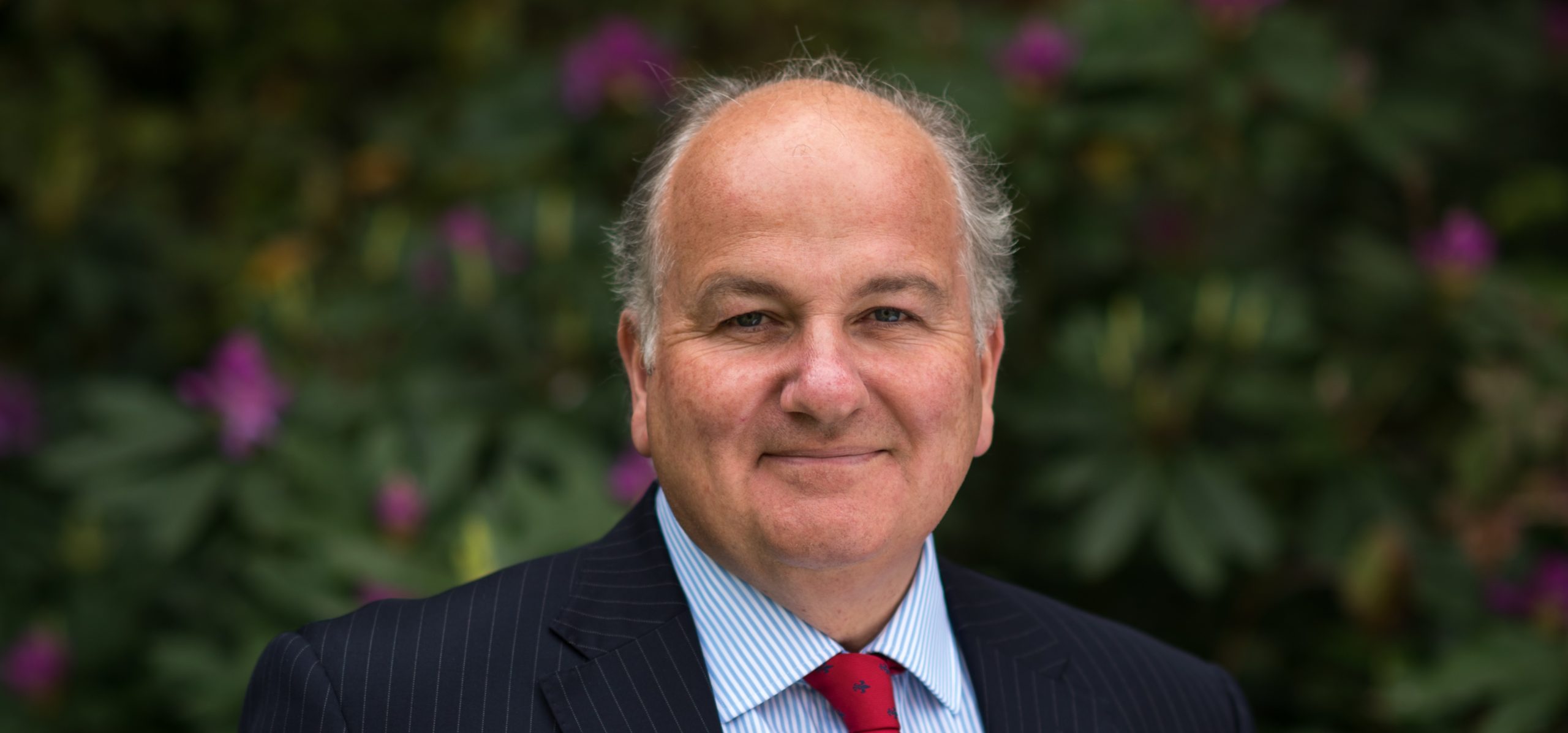The quick answer
If you are a director of a limited company and it has passed the point of financial no return then you should be concerned if you allow the company to continue to trade. If the financial position gets worse you can be personally liable for the increased debts.
In more detail
Trading whilst insolvent is a very risky place to be. When directors know that they are insolvent and still decide to continue to trade they must put creditors interests first. Known as the ‘twilight zone’, it is during this time that they can commit various other offences.
Directors who continue trading have a duty to make sure:
- All creditors are treated and paid equally so one is not favoured above another.
- The overall financial position does not get worse.
- No assets are given away or undersold.
- They do not put themselves in a better position by continuing to trade – a common example of this is paying down an overdraft that was guaranteed.
- They avoid using a new supplier and not paying them which can leave the directors personally liable if the supplier can prove the directors knew that they could never pay for the orders.
It is often in this ‘twilight zone’ that directors run into the most problems. They think that they can make the finances better for creditors, for example by selling stock down or finishing work-in-progress, but the daily dilemma they have is who to pay (or not) and who can be told or not.
It is not uncommon for directors to meet us, go away thinking they will carry on for a month or two, but then almost immediately come back asking us to help them to close the business.
If you need impartial and common sense advice then please call us? We can help with;
- comparing the risks of keeping the business going versus closure.
- Creditors Voluntary Liquidation versus Compulsory Liquidation.
- Pre-pack Administration versus Administration.
- How feasible is a Company Voluntary Arrangement?
If you do keep trading after meeting us and we have concluded with you that you should keep trading then this is your best defence against a wrongful trading claim.
Wrongful trading is the term for inadvertently making the financial position worse. Fraudulent trading is where it is done with intent to defraud creditors.



